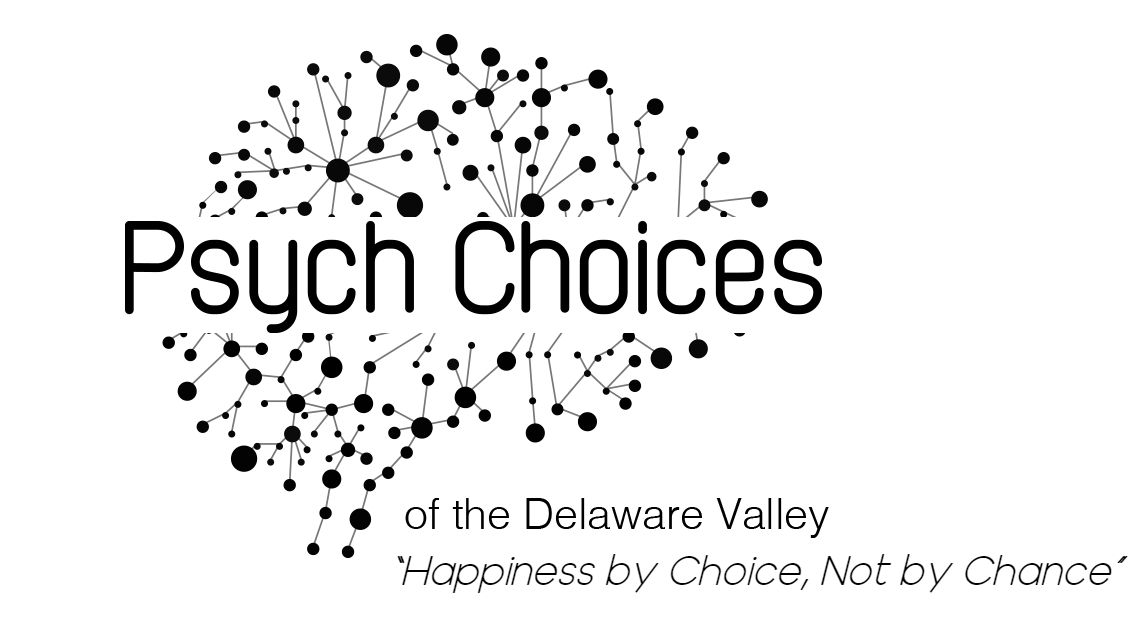Identifying an Issue: Signs and Symptoms of Hoarding and Compulsive Shopping
Recognizing the signs and symptoms of hoarding and compulsive shopping is the first step towards addressing the issue. Here are some key indicators that you or a loved one might be dealing with these conditions:
Hoarding:
- Difficulty Discarding Items: You find it extremely hard to throw away items, even those of no value, such as old newspapers, junk mail or worn-out clothes.
- Severe Clutter: Your home is so cluttered that many areas are inaccessible or not usable.
- Distress about Discarding: The thought of getting rid of items causes you significant distress.
- Excessive Acquisition: You constantly acquire new items but don’t have a specific use or space for them.
- Interference with Daily Life: Your hoarding behavior prevents you from performing daily tasks, such as cooking, cleaning or moving around your house.
Compulsive Shopping:
- Frequent Shopping Sprees: You often go on shopping sprees, even when you don’t need anything.
- Financial Trouble: You spend more than you can afford, leading to financial problems.
- Shopping as a Reaction to Feeling Negative Emotions: You shop to alleviate feelings of stress, boredom or sadness.
- Loss of Control: You feel you can’t stop shopping, even when you try to.
- Interference with Daily Life: Your shopping habits interfere with your social, work or other important areas of functioning.
If you or a loved one is exhibiting any of these signs, it may be time to seek professional help. Remember, it’s okay to ask for assistance, and seeking therapy is a brave step towards reclaiming control over your life.
Understanding the Problem
It’s estimated that as many as 1 in 20 Americans struggle with severe hoarding issues. Others battle with compulsive buying habits, purchasing items they don’t need or even want. Hoarding elevates to a “disorder” when it hinders normal use of living spaces, causes substantial distress and negatively affects health and safety.
The Consequences of Hoarding
People may hoard various items, from food and clothing to packaging materials and animals. Such behavior can lead to isolation, unsanitary living conditions and even dangerous environments due to blocked exits or falling objects. Often, individuals struggling with hoarding become depressed, yet find it challenging to acknowledge the problem.

The Approach to Change
Forced cleanups rarely work. It’s far more effective and safer to gradually help the person accept the need for change. Our psychotherapists guide the individual and family members to take incremental steps towards reducing clutter, challenging thinking patterns and setting small, achievable goals.
Available Treatment Options
At Psych Choices of the Delaware Valley, we believe in a multi-faceted approach to treatment. While we aim to create safer, more sanitary conditions to reduce harm, our ultimate goal is to equip you with the tools necessary to regain control over your life. Understandably, a complete “cure” for hoarding, compulsive shopping and chronic disorganization can be challenging to attain, but change is always possible, and we’re here to assist every step of the way.

Behavioral and Cognitive-Behavioral Therapy
Our experienced therapists employ behavioral and cognitive-behavioral therapy techniques designed to help you shift your patterns of thought and behavior. For example, we may utilize exposure treatment, a process that involves gradually exposing you to what you fear until it no longer triggers anxiety. This gentle, step-by-step approach is akin to entering a pool from the shallow end, allowing you to adapt to the water’s depth slowly and comfortably.
Breathing Exercises and Relaxation Techniques
In addition to therapeutic strategies, we teach practical techniques like slow, deep breathing exercises, guided imagery, and relaxation methods. These can help alleviate symptoms and promote overall well being. Try it now: breathe in slowly through your nose, counting silently to five, then exhale slowly, keeping your mouth closed, while counting to five again. This simple exercise can help slow your heart rate and promote relaxation.
Psychodynamic Therapy: Digging Deeper
We also offer psychodynamic or insight-oriented therapy, an approach that seeks to explore the underlying feelings that may have contributed to your anxiety symptoms. By delving into unrecognized or unexpressed emotions, such as grief or anger, you can learn to master these feelings and experience what’s known as a corrective emotional experience. This deeper exploration of feelings and past memories often results in more profound and lasting effects.
Medical Treatments
In certain cases, medical treatments can also be beneficial. Anxiety symptoms may be alleviated with prescribed medications or recommended supplements that directly affect the brain chemistry underlying anxiety. When used in conjunction with psychotherapy, these treatments can significantly reduce symptom intensity, making it easier for you to develop new coping strategies.
Other Treatments
Your therapist can further explain these treatments and suggest other methods like Eye Movement Desensitization and Reprocessing (EMDR) and biofeedback that may prove helpful.
Our comprehensive treatment approach at Psych Choices of the Delaware Valley is designed to empower you, enabling you to reclaim your life from hoarding and related disorders. We’re here to support you every step of the way.
Online resources:
- http://hoarding.iocdf.org/hoarding/
- http://theshulmancenter.com/
- http://psychcentral.com/lib/10-things-you-should-know-about-compulsive-hoarding/0006787
Books About Hoarding:
- Stuff: Compulsive Hoarding and The Meaning of Things by Randy O. Frost and Gail Steketee
- Cluttered Lives, Empty Souls: Compulsive Stealing, Spending and Hoarding by Terrence Shulman
To make an appointment for therapy, please use our Make An Appointment page or call the Intake Coordinator at 610-626-8085 xx 213.




